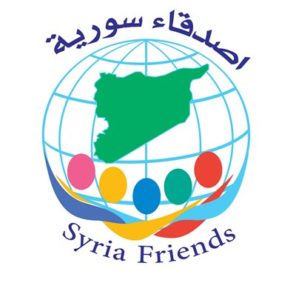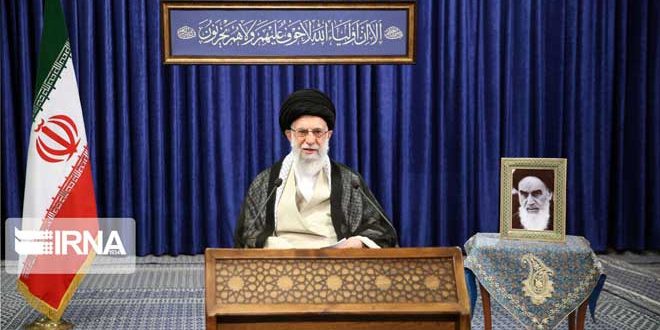As he prepares to raise the curtains on his democratic theatrics, Iran’s Supreme Leader Ali Khamenei appears anxious about turnout. Having taken a gamble with the casting, he’s now doing some eleventh-hour tinkering to attract an audience.
On Wednesday Iranian state TV announced a change in dates for the three debates leading up to the presidential election on June 18. Why? Because the original schedule clashed with when the national soccer team plays in the qualifying rounds of the FIFA World Cup.
The regime in Tehran is concerned that Iranians would rather watch their team play low-ranked Hong Kong, Bahrain and Cambodia than an even more lopsided political contest, in which the field has been tilted in favor of Khamanei’s favored candidate. The ultraconservative cleric Ebrahim Raisi, current head of the judiciary, is expected to win handily, now that his closest rivals have been disqualified.
Unlike Team Melli, as Iran’s soccer squad is known, Raisi is utterly lacking in skill or charisma. He owes his career to Khamenei’s patronage. The six other presidential contenders are even less appealing and not expected to put up much of a fight.
Unsurprisingly, opinion polls suggest turnout will be the lowest in Iranian history, with only a third of potential voters showing any enthusiasm for the process. There are growing calls for a boycott of the ballot.
That is a worry for the regime, which uses turnout as a measure of the legitimacy of the Islamic Republic — and by extension, of Khamenei himself.
Elections in Iran are never free or fair, since the Supreme Leader always puts his thumb on the scales, usually by limiting the contest to candidates who meet his approval, while the rest are disqualified by the Guardian Council, which supervises the process. But Khamenei has always encouraged people to vote by appealing to their nationalism, and then pointed to the turnout, rather than the results, as proof that Iranians continue to endorse the system of government over which he presides.
That pretense will be hard to preserve if turnout drops below 50%. That happened recently in last year’s local elections, but it’s never been seen in a presidential vote.
Might Khamenei order the ballot boxes stuffed in order to pad the turnout figures? Remember that millions of Iranians demonstrated in the streets after the 2009 election, convinced the Supreme Leader had rigged the vote to ensure a second term for President Mahmoud Ahmadinejad. In the brutal crackdown that followed, scores of protesters were killed by security forces and thousands were arrested. Similar unrest this summer would only further undermine the regime’s claims of legitimacy.
This is clear to other regime figures, including previous beneficiaries of Khamenei’s heavy thumb. Ahmadinejad, who was disqualified from challenging Raisi, has denounced the process. President Hassan Rouhani has urged Khamenei to overturn some of the decisions of the Guardian Council. But the Supreme Leader is having none of it.
Khamenei has once again urged Iranians to do their duty, and to disregard calls for a boycott. He will repeat that message ad nauseam for the next two weeks — and hope voters don’t have anything better to do on June 18. Team Melli has no games for that Friday, but there are a couple of other interesting soccer fixtures on the cards.
Come election day, Iranians may find Argentina v. Uruguay more compelling, more competitive and arguably, no less consequential than Raisi v. Nobody. That would leave Khamenei the loser.
Source : Bloomberg







